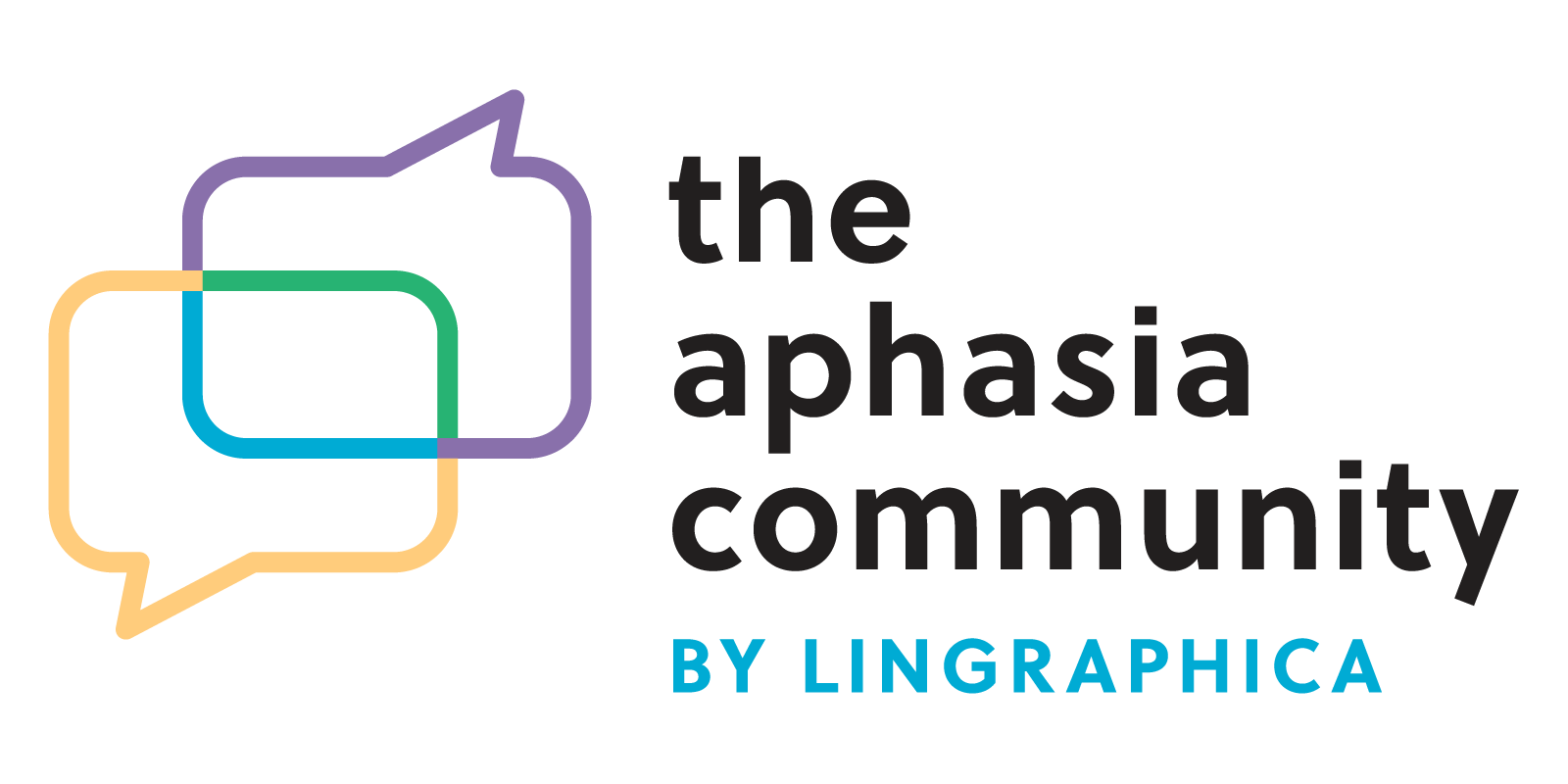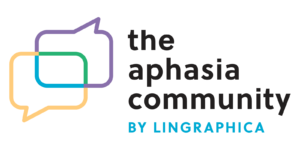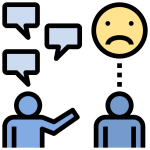When speaking with someone with aphasia, you might notice that they say “week” when they mean “month,” or try to say “pen” but it comes out “ken.”
These types of errors are called paraphasias, and they are common in many types of aphasia. A paraphasia is the production of an unintended sound within a word, or of a whole word or phrase. It can be the substitution of one sound for another sound, using the wrong word, or transposing sounds within a long word.
The Three Types of Paraphasia
Phonemic Paraphasia
Also known as literal paraphasia, it is when a sound substitution or rearrangement is made, but the stated word still resembles the intended word. Examples include saying “dat” instead of “hat” or “tephelone” instead of “telephone.” At least half the word must be said correctly to be considered a phonemic paraphasia.
Verbal Paraphasia
Also known as semantic paraphasia, is when an entire word is substituted for the intended word. In a semantic paraphasia, it is a word with a similar meaning, such as saying “son” instead of “daughter” or “orange” instead of “apple.”
However, someone with severe aphasia might substitute a word that is only loosely connected, or not at all related. For instance, they might say “pillow” when they mean “lemonade.” A verbal paraphasia is always a real word, regardless of whether it has a related meaning to the intended word.
Neologistic Paraphasia
Also referred to as neologisms, is the use of non-real words in place of the intended word. Neologism literally means “new word.” These invented words do not sound similar to the intended word. They also do not have any meaning in the user’s language. Examples include calling a toothbrush a “slunker” or a shirt a “glimbop.” Neologisms are common in Wernicke’s or fluent aphasia.
Depending on the type and severity of aphasia, people with aphasia might or might not be aware of paraphasias when they use them. Even when someone is aware they have said a word incorrectly, it can be difficult to correct. Speech pathologists can help with strategies and cues to work on paraphasias.








